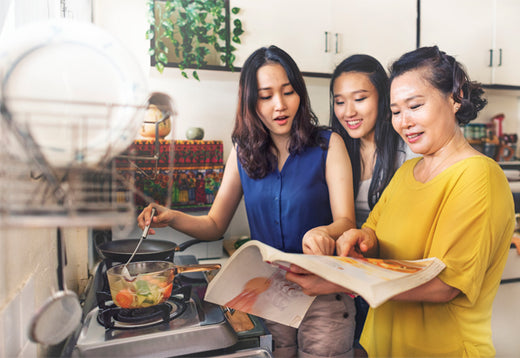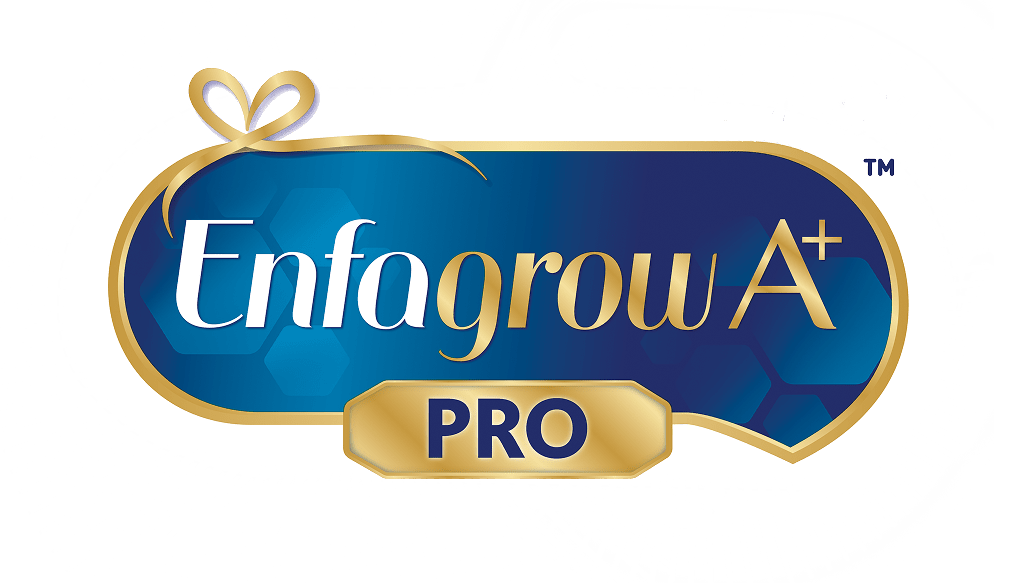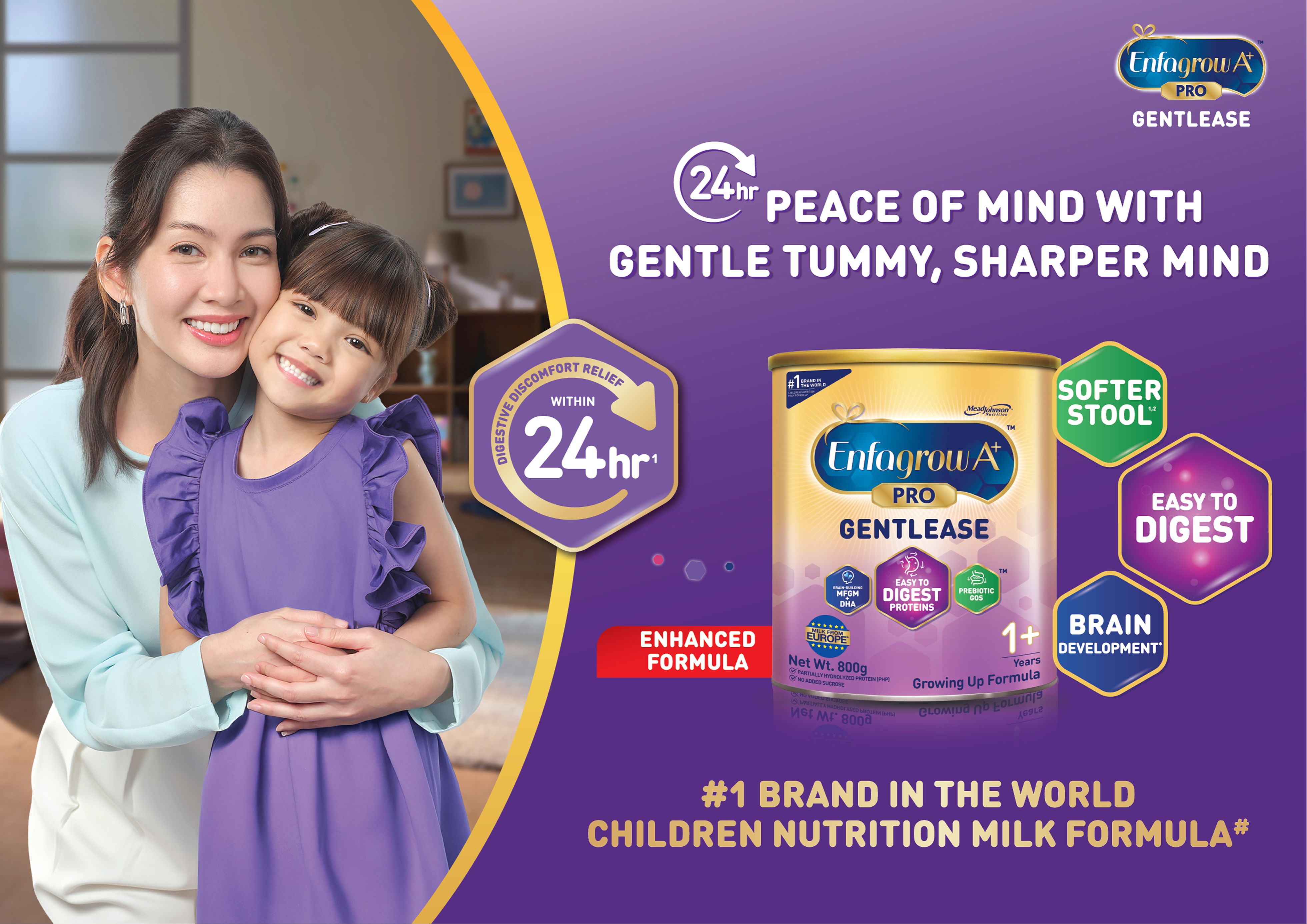
For mothers who are in their 32nd week of pregnancy and beyond, childbirth is just around the corner. However, all moms know that giving birth is only the first step of motherhood. That’s why it’s important that they get adequate rest and nutrition during confinement so they are in a better position to raise their child afterwards. For a more effective recovery during confinement, one important facet that needs a closer look is confinement food in Singapore.
With proper nutrition, mothers under confinement can expect a better recovery period whether they gave birth naturally or through a C-section. However, before we go into what ingredients to consider for confinement food in Singapore, let’s first briefly discuss what confinement is.

Confinement Food in Singapore: What Is Confinement?
Confinement is the practice of “resting” the mother after childbirth. It is rooted in the belief that mothers require time to rest and recuperate from the rigours of pregnancy and childbirth. As such, confinement recommends that mothers follow certain rules for a full recovery after giving birth. These guidelines cover everything from proper hygiene to a specific diet, to the amount of physical activity that new mothers should observe. (Some of these practices include not washing your hair, refraining from exercise and adhering to specific confinement cooking methods, to name a few)1 2.
For those from western cultures, the concept of confinement might seem unfamiliar. This is because confinement and its practices are highly steeped in Asian culture and tradition3. Traditional beliefs and practices heavily influence postpartum care among mothers in Singapore even until today. While there are slight differences in the specifics among the Malay, Indian, and Chinese cultures, the key takeaway here is that confinement remains an intrinsic part of childbirth and motherhood in Singapore.
Confinement Food in Singapore
A cornerstone of confinement practices is diet. Confinement food is recommended for mothers postpartum because it is believed they encourage blood circulation and joint health among other benefits4. Here are some practices that Chinese, Malay, and Indian cultures observe.
Chinese
- Avoid the consumption of raw food and food that was cooked the previous day.
- Chicken is highly recommended.
Malay
- Jamu5, a traditional herbal drink, is encouraged as it is believed to open up the pores.
- Avoid “cooling” foods such as watermelons, coconut, cabbage and mangosteen, and choose “heaty” foods such as deep-fried foods, durian, red meat, chocolate and spicy foods8.
Indian
- Chicken is good while chili is not
- Avoid cold food and drinks.
- Garlic milk is encouraged to prevent “wind”.

Consider Adding These Confinement Foods to Your Diet After Childbirth
For mothers who are already planning their menus and recipes for their confinement, consider adding these ingredients for a better recovery8 :
- Oats
- Black pepper
- Salmon
- Citrus fruits
- Spinach
- Liver
- Prawns
- Tofu
- Chicken (specifically chicken feet)
- Brown rice
- Milk
What Should I Eat If I Am Planning for a C-Section?
For mothers who are considering a Cesarean delivery, it is important to have an adequate amount of nutrients and minerals to recuperate. These confinement food in Singapore are believed to help them speed up recovery when they are “sitting the month" 6 7.
- Protein-rich food
Proteins are great after going through a C-section. This macronutrient helps speed up the healing process. Proteins are also known for the development and growth of new cell tissue. Mothers can also enjoy a more balanced sugar level and can say goodbye to baby blues with this macronutrient. Go for oats, salmon, prawn, chicken, tofu, and dairy for your protein needs.
- Iron-rich food
Having sufficient amounts of iron is important for mothers after childbirth. This is especially true for those who have had a C-section as they might have lost a substantial amount of blood. This mineral is responsible for blood production and a ber immune system, so it is vital to have an adequate amount of it. Liver, citrus fruits, spinach, and egg yolk are great sources of iron.
- Vitamin C
Like iron, vitamin C is a great way to help mothers keep infection and sickness away. Along with warding off illness, vitamin C is also a great antioxidant and can help repair the body’s tissues. Most citrus fruits and vegetables are abundant in vitamin C and are a great addition to your confinement food in Singapore. Melons, oranges, tomatoes, grapefruits, and broccoli are good sources of vitamin C.
- Calcium-rich food
Calcium is a great way to ensure bone health postpartum. Besides keeping the bones b, calcium also plays a role in blood coagulation. Look at tofu, milk, and cheese for your calcium needs.
At the end of the day, recovery is what is most important. Always choose foods that are easily digestible and remember to always eat in moderation.
Be part of the Enfamama A+ Club today to unlock a world of privileges and benefits which include free samples, exclusive vouchers, promotions, expert advice and many more!
Expert Resource:
Dr. Raymond Choy Wai Mun
(MCR 18097A)
MBChB (UK), Aviation Medicine (Singapore)
REFERENCES:
- The History Behind the Traditional Confinement Practice (2018). Retrieved July 30, 2020 from:
https://pemconfinement.com/the-history-behind-the-traditional-confinement-practice/ - Do’s and Don’ts of Asian Confinement (2016). Retrieved July 30, 2020 from:
https://www.babybonus.msf.gov.sg/parentingresources/web/Pregnancy/Nutrition/Supplements/Pregnancy_Dos_Donts_Asian_Confinement?_afrLoop=37189724419450260&_afrWindowMode=0& _afrWindowId=null#%40%3F_afrWindowId%3Dnull%26_afrLoop%3D37189724419450260%26_afrWindowMode%3D0%26_adf.ctrl-state%3Dtqjpfq5lj_4 - Traditional Postpartum Practices and Rituals: A Qualitative Systematic Review (2007). Retrieved July 30, 2020 from:
https://journals.sagepub.com/doi/10.2217/17455057.3.4.487 - Do’s and Don’ts of Asian Confinement (2016). Retrieved July 30, 2020 from:
https://www.healthhub.sg/live-healthy/1651/dos-and-donts-of-asian-confinement - Jamu your way to good health (2018). Retrieved July 30, 2020 from:
https://www.malaymail.com/news/eat-drink/2018/07/08/jamu-your-way-to-good-health/1649939 - Healthy Confinement Food for New Mums (2018). Retrieved July 30, 2020 from:
https://www.womensweekly.com.sg/gallery/family/15-best-foods-all-mummies-should-be-eating-during-confinement/ - The Confinement Diet to Follow After a C-Section (2018). Retrieved July 30, 2020 from:
https://pemconfinement.com/the-confinement-diet-to-follow-after-a-c-section/ - Myth of Fact: The Effects of Heaty and Cooling Foods (2020). Retrieved September 3, 2020 from:
https://www.gutcare.com.sg/myth-or-fact-the-effects-of-heaty-and-cooling-



